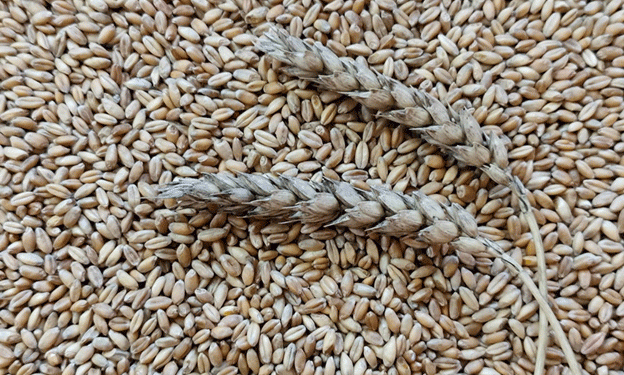The Ministry of Agriculture in Kazakhstan has proposed revisions to the Grain Corporation’s Development Plan (2021–2030), outlining a focused strategy to enhance grain and oilseed exports. This initiative aims to establish a unified and long-term export policy while assisting small and medium farmers in accessing international markets.
In 2023, the Grain Corporation began consolidating grain from smaller producers to streamline exports, acting as an intermediary to secure reliable international buyers. By taking on this role, the Corporation helps farmers achieve competitive pricing and improve their market reach.
Export Adjustments and Strategic Focus
The updated plan includes a reduction in minimum grain shipment volumes to key markets for 2024, from 205,000 tons to 150,000 tons. According to the Ministry, this adjustment was necessitated by several factors:
- Overestimated Purchase Prices: High domestic grain prices have made it challenging for the Corporation to offer competitive rates in both local and export markets.
- Competition from Russian Grain: Increased imports of Russian grain have displaced Kazakh grain in both domestic and foreign markets.
- Logistical Challenges: Ongoing coordination issues with Kazakhstan Temir Zholy (KTZ) railway plans continue to impede efficient transportation.
Despite these short-term adjustments, the long-term export targets remain ambitious. The Grain Corporation plans to scale its exports to 295,000 tons by 2030, with incremental increases annually.
Benefits for Farmers
For small and medium farmers, the Grain Corporation’s export facilitation initiatives provide several advantages:
- Market Access: By aggregating smaller grain batches, farmers can reach larger, more lucrative international markets.
- Price Stability: The Corporation’s role as an intermediary helps farmers secure stable, competitive prices.
- Logistics Support: Centralized export processes reduce logistical burdens for individual producers.
This strategy aligns with Kazakhstan’s broader goals of diversifying its agricultural economy and establishing itself as a significant player in the global grain market.
The Grain Corporation’s updated development plan reflects Kazakhstan’s commitment to strengthening its agricultural exports while supporting its farmers. By addressing pricing, competition, and logistics challenges, this initiative paves the way for more inclusive and efficient export opportunities. For farmers and stakeholders, these changes highlight the importance of collaboration and innovation in driving agricultural growth and sustainability.
Error





